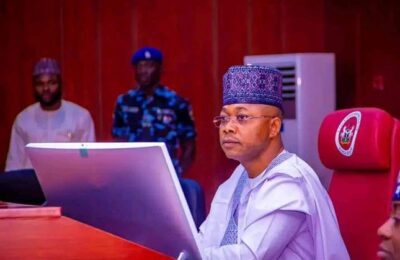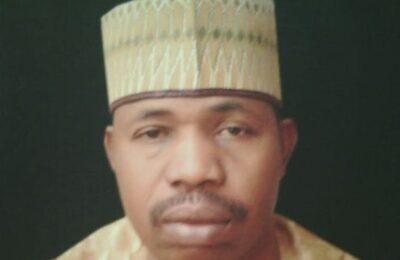When President Bola Ahmed Tinubu granted presidential pardon and clemency to 175 Nigerians on October 11, 2025, it marked yet another exercise of executive mercy under Nigeria’s democratic framework. The decision, though constitutional, has sparked a broad range of reactions across the country — from commendations for compassion to criticism over the moral and judicial implications of such amnesty.
The comprehensive list released by the Presidency contained names cutting across different eras and offences. It included posthumous pardons for national figures such as Sir Herbert Macaulay, Major-General Mamman Jiya Vatsa, and Ken Saro-Wiwa alongside members of the Ogoni Nine. These gestures appear aimed at revisiting Nigeria’s painful historical injustices — from colonial-era convictions to politically motivated trials under military regimes.
However, beyond these symbolic redemptions, the list also included several contemporary figures convicted of serious crimes — ranging from fraud, corruption, and bribery to homicide. Names such as Hon. Farouk Lawan, Ayinla Saadu Alanamu, Dr. Nwogu Peters, and Barr. Hussaini Umar featured among those granted full or partial reprieve. Maryam Sanda, who had been sentenced to death for culpable homicide, was also a notable beneficiary through clemency.
Mercy and the Moral Question
While the prerogative of mercy is enshrined in the Nigerian Constitution, its exercise often invites a deeper moral and institutional reflection. Presidential pardons, if perceived as politically motivated or selective, risk undermining public confidence in the justice system. The question therefore arises: When does mercy cease to be noble and begin to appear indulgent?
According to reports, the Presidential Advisory Committee on Prerogative of Mercy (PACPM) based its recommendations on humanitarian grounds — including old age, illness, rehabilitation, good conduct, and participation in educational programmes such as those of the National Open University of Nigeria (NOUN). These are commendable considerations, particularly in a correctional system strained by overcrowding and limited resources. Yet, justice must not only be done but must be seen to be done.
The Weight of Forgiveness
President Tinubu’s gesture also carries significant political and historical weight. By granting posthumous pardons to figures like Ken Saro-Wiwa and Herbert Macaulay, his administration seeks to signal reconciliation and national healing. However, extending clemency to individuals convicted of corruption and violent crimes sends a more complicated message — one that could blur the moral line between compassion and compromise.
Forgiveness, in the context of governance, is a powerful tool for national healing. But when wielded without transparency and clear criteria, it risks becoming an instrument of political convenience. Executive mercy must therefore be exercised with utmost discretion and guided by principles of fairness, equity, and public interest.
Toward a Culture of Restorative Justice
Nigeria must use this moment to strengthen its framework for restorative justice. Those granted clemency should not simply walk away from their pasts; they should be integrated into initiatives that promote civic education, rehabilitation, and community service. A reformed offender can become a powerful advocate for integrity, discipline, and societal reorientation.
Furthermore, the process of granting pardons should be made more transparent and publicly accountable. The Nigerian public deserves to know the basis for each pardon — the mitigating factors, the rehabilitation record, and the moral justification behind such decisions.
Conclusion
The 2025 Presidential Pardon represents both an act of compassion and a test of conscience. It reminds us that justice is not only punitive but also redemptive. Yet, for the gesture to be remembered as noble rather than naïve, it must serve a greater purpose — to strengthen faith in our justice system, promote national healing, and reaffirm the value of human dignity.
Mercy, after all, finds its highest meaning when it complements justice, not when it overshadows it.
– Prince Moses Emani Salami writes from Kogi state.




